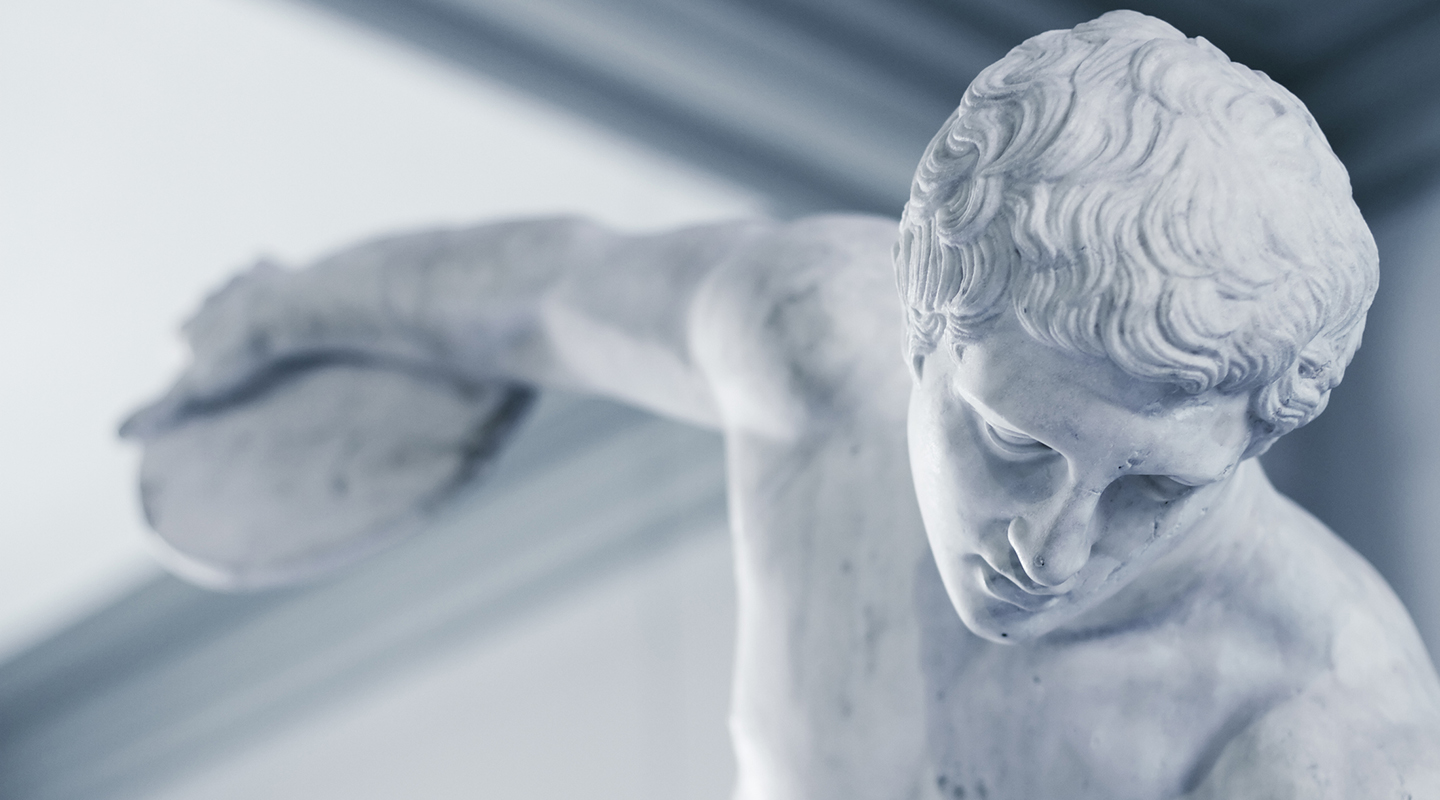
Both research groups welcome undergraduate input. Another research group in the department, OLCAP (Object- and Landscape-Centred Approaches to the Past), focuses on material culture in research and teaching. Swansea is an established centre for the study of narrative, especially the ancient novel, under the auspices of our research group KYKNOS. We teach several of these classes to second- and third-year students together, with different assessments for each year group, to enable student progression over the course of the degree.
Classical studies how to#
In your second year, you will do a module on how to perform what we call ‘close reading’ or ‘practical criticism’, and we have a range of text-based modules, arranged according to genre, which mirror the texts which the academic staff research and work on-these include tragedy, the various ancient novels, Latin elegy, Roman verse satire, and Plato. And you could start learning some Latin or ancient Greek as a way to get a greater appreciation for the original authors’ use of language. You may also study some Greek and Roman history, or ancient philosophy and rhetoric, to give you a grounding in the worlds which shaped the texts you read.


The feel for the creativity of ancient authors and flair for in-depth analysis which we hope to inspire in you will set you apart in the eyes of employers.ĭuring your first year, you will be introduced to the ways in which Greeks and Romans came up with their myths, by investigating approaches to storytelling, including the study of Greek tragedy and Ovid’s brilliant and compendious poem, the Metamorphoses. This three-year BA honours degree aims to equip you with skills that enhance your future employability in a huge range of careers, by developing your interest and passion for antiquity in all its aspects, especially the texts that have managed to survive for so long. You can also learn how to develop new, cutting-edge research on marvellous old things.Īs part of single honours Classical Studies, you could also opt to pursue one of six more specific dedicated pathways: Greek, Latin, Classics (which is both Greek and Latin), Egyptology, English Literature, and Philosophy. You will be able to access cultural artefacts which illuminate Greek and Roman history and society, architecture and archaeology, warfare and empire, gender and religion, philosophy, politics and economics–or learn about ancient Egypt (as ancient to the Greeks as those peoples are to us). While the ancient materials you will study might appear distant from the present day, they have influenced and interacted with western and global cultures right up to now. You may investigate familiar texts, such as epics and tragedies, as well as often overlooked genres from the ancient world, including novels and satire.

You will explore the stories and mythology of Greece and Rome and learn how to perform close analysis with an eye for detail. Studying this three-year BA degree will allow you to read all kinds of texts in translation from around the ancient Mediterranean and develop an understanding of Greek and Roman culture from the archaic period to the fall of the Roman Empire and beyond.


 0 kommentar(er)
0 kommentar(er)
